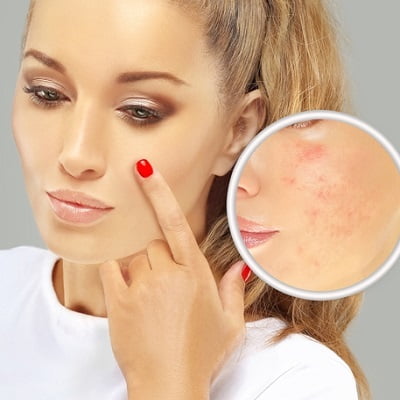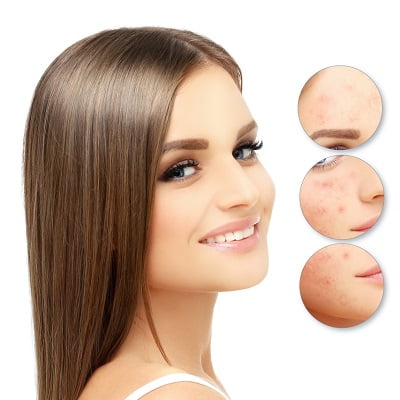
Acne breakouts can be distressing, and the aftermath of acne, particularly in the form of scars, can be equally troubling. Acne scars often serve as lasting reminders of the battles waged on our skin and can negatively impact one’s self-esteem and overall well-being. Fortunately, various acne scar treatments in Islamabad are available to address acne scars, ranging from non-invasive procedures to options for surgical acne scar treatment. In this blog, we will explore the surgical alternatives for acne scar treatment, helping you determine whether surgical



